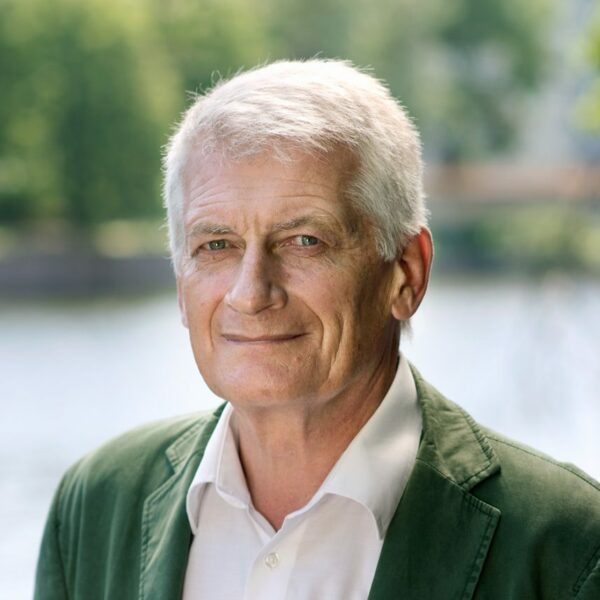The timing of the Scanning the Horizon Annual Meeting 2019 in June coincided with the huge demonstrations against the Extradition Bill in Hong Kong, which created strong fluctuations in every citizen of Hong Kong, including myself. What was happening beyond our air-conditioned meeting room coincidentally matched with the main theme of our discussions, China’s global role. While we were taking advantage of this space, our discussion served as a timely and meaningful start for exchange of experiences.
We shared with each other the context, the analysis and the strategy in dealing with the changing and emerging role of China in overseas investments, in global governance, philanthropy and other areas. China’s technological innovation in particular is one of the most interesting trends which might have big implications for inequality and poverty issues around the world. As it will have an impact on our work, this will need to be considered by many INGOs, including Oxfam.
The most timely and valuable overall message from the meeting was the importance of structural reflection on a regular basis. We shared and understood each other’s constraints in operationalising different strategies and approaches. Practitioners were meeting with a whole range of challenges and might deal with them in a practical way, for example, by stopping certain areas of work or not using particular approaches to avoid risk. However, more structured and regular reflection can help us learn lessons and explore how we could work differently.
My main points of reflection, especially in the context of constrained civil society space in developing countries, are:
- Identifying added value: Even with good intentions, international NGOs or our local partner organisations need to identify our own niche to contribute to multi-stakeholder dialogue with governments and companies. Thinking beyond our brand, it is even more critical to make the dialogue more meaningful and proceed on the right path with our expertise, knowledge and skillsets.
- Maintaining relevance: international NGOs and our partner organisations’ groundwork in local communities is also important, building a robust foundation so synergies can be created between advocacy and community work. Staying relevant in the local communities will become even more essential in gaining and maintaining our reputation in support of advocacy work.
- Understanding the external context: While international NGOs and our local partner organisations advocate for pioneering and innovative ideas, the world is changing rapidly, and other stakeholders are also learning and updating their own narratives and practice. The dynamics of foreign relations between China and the rest of the world is also vibrant, which may occasionally impact on our strategy. Resilience and agility are therefore important in this context. Strategy adjustment might be more frequent than before, and funding models for international NGOs and our partner organisations will require a higher level of flexibility, transparency and accountability.
It is now a critical moment to reflect on the role of international NGOs in this vibrant context. Whether we stay relevant depends so much on our capability of comprehension and reflection as an organisation. We look forward to continuing to share our experiences and lessons with other organisations on this important topic.





